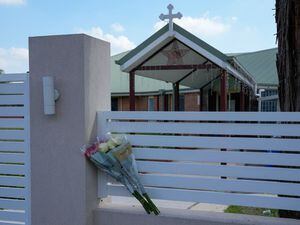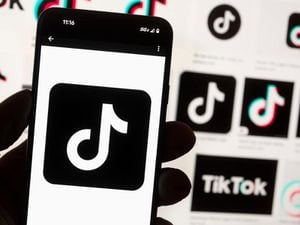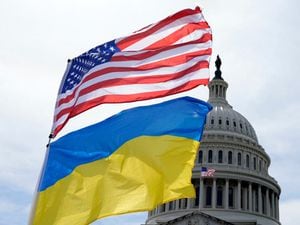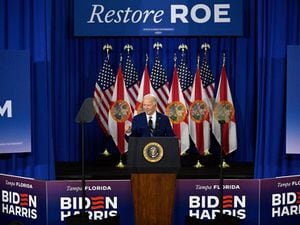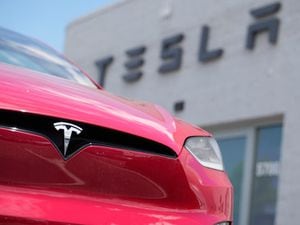Australian media company strikes Google news deal
The Australian parliament is considering new laws to force digital giants to pay for news.
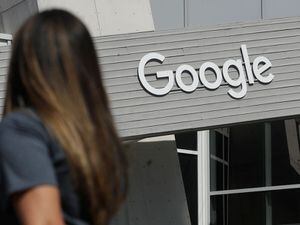
Seven West Media has become the largest Australian news media business to strike a deal with Google to pay for journalism.
The partnership was announced before the nation’s parliament considers new laws to force digital giants to pay for news.
Google and the publicly listed broadcast television, print and online publishing company jointly announced they had agreed on a “long-term partnership” after weekend discussions Australian government ministers had with media executives, Facebook CEO Mark Zuckerberg and Sundar Pichai, chief executive of Alphabet and its subsidiary, Google.
“Their outstanding leadership on the implementation of the proposed news media bargaining code has resulted in us being able to conclude negotiations that result in fair payment and ensure our digital future,” Mr Stokes said in a statement.
“The negotiations with Google recognise the value of quality and original journalism throughout the country and, in particular, in regional areas,” Mr Stokes added.
The deal was struck under Google’s own model, News Showcase.
Google has reached pay deals with more than 450 publications globally since News Showcase was launched in October.
Google announced two weeks ago that it had begun paying seven far smaller Australian websites under News Showcase.

The partnership was a substantial investment for Google in journalism – not just in metro areas but in smaller communities, she added.
Neither Google nor Seven West Media mentioned how much the deal was worth.
Rival media company Nine Entertainment reported, citing unnamed industry sources, that it was worth more than 30 million Australian dollars (£17 million) a year.
Swinburne University senior lecturer on media Belinda Barnet described the New Showcase deal as a “consolation prize” since it did not include news linked through Google’s search engine.
She expected Seven West Media’s main rivals, Nine and News Corp, would hold out for deals under the proposed code that would include all news.
“So far publicly they’ve said they support the code,” Ms Barnet said of the two rivals. “They might feel some pressure now to get on board (with News Showcase).”
Australian media companies stood to make better deals under the code without Google “in the driver’s seat” of negotiations, she said.
“If it goes through as is, it will be very beneficial for Australian media,” Ms Barnet said of the code. “Google will be lobbying very hard in the background … to confine it to News Showcase.”
Seven West Media said it will release more details about the deal after those details are finalised within 30 days.
Before the announcement, Australia’s treasurer Josh Frydenberg had said Google and Facebook were close to striking commercial deals “which could be of real benefit to the domestic media landscape and see journalists rewarded financially for generating original content, as it should be”.
Google and Facebook did not immediately respond to requests for comment about Frydenberg’s discussions with their leaders.
Google has ramped up its campaign against the proposed law, telling the senate committee which scrutinised it that the platform would likely make its search engine unavailable in Australia if the code were introduced.

While the digital giants can afford the likely cost of paying for the Australian news they link to, they are concerned about the international precedent that Australia could set.
Google has faced pressure from authorities elsewhere to pay for news. Last month, it signed a deal with a group of French publishers, paving the way for the company to make digital copyright payments.
Under the agreement, Google will negotiate individual licensing deals with newspapers, with payments based on factors such as the amount published daily and monthly internet site traffic.
In Australia, the platforms can make payment deals with media businesses before the code is legislated.
The legislation would create an arbitration panel to make binding decisions on payment in cases where a platform and a news business cannot agree on a price for news.
The panel would usually accept either the platform’s or the publisher’s best offer, and only rarely set a price in between.
This could discourage both the platforms and news businesses from making unrealistic demands.

